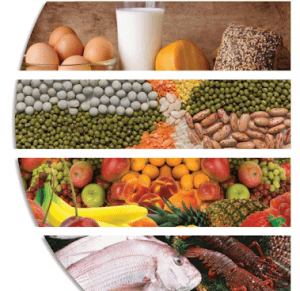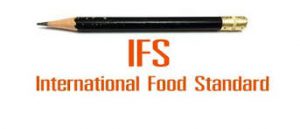AKAP Accreditation Organization

$420.00 – $460.00


Further details
Due to the need to buy food in stores to find out how to supply raw materials and foodstuffs, food vendors in France and Germany formulated the International Food Standard (IFS) in coordination with other countries around the world.
IFS (International Food Standard), relying on the quality management system, HACCP, managing responsibility within the framework of customer requirements, managing resources and product requirements, based on GMP principles, The safety of food production processes and the safety of food products are in accordance with European standard EN 45011.
Having a common standard and a uniform way to evaluate the quality level of suppliers reduces the need for second party audits. For retailers, manufacturers and suppliers, supply chain management becomes more consistent and efficient. It reduces the overall costs of the process, and increases the level of safety for customers, suppliers, and consumers.
While it may be a ticket to trade with retailers, it is also a chance for you to demonstrate your commitment to food safety, quality, and legality, and to work on continual improvement.

Benefits of standards implementation:
– Increase customer and consumer confidence
– Increasing the quality of products/services
– Reduce waste and losses in products/services and ultimately reduce costs
– Save on consumables and increase profits
– Planning, implementation of affairs in the form of a predefined international system
– Improve performance, increase productivity and speed in affairs
– Increase efficiency and customer satisfaction
– Reducing the number of complaints
– Improvement and uniformity in the quality of products/services
– Timely delivery of products/services
– Global competition
– Prevent or reduce unexpected events
– Earning points in tenders, obtaining ranks and grades from government organizations, providing evidence in exports
Other benefits are:
– Advertising use in headers, company site and all advertising matters
– Earn points in selecting sample units
– Reduce waste and waste time
– Creating confidence inside and outside the organization
– Transparency of processes and indicators
– Ensuring that customer needs and expectations are met
– Production of product/service with better quality
– Help with more marketing and sales and create demand
– Increasing the productivity and motivation of human resources
– Correcting errors and preventing their recurrence
– Improving communication within the organization
– Prevention of non-compliant product/service production
– Develop sales methods and provide after-sales service
$500.00 – $530.00
$320.00 – $350.00